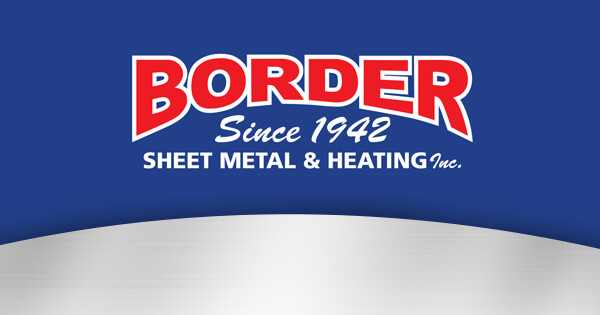What Do You Need to Know About Keeping Your Furnace Safe?
Carbon monoxide poisoning and fires are two potential safety concerns when running a furnace. Today’s furnaces are built with safety mechanisms in place to greatly reduce the risk, but you need to maintain them properly. Proper furnace maintenance involves scheduling a preventive tune-up once a year, periodically cleaning the air filter, and following other important furnace safety rules. Maintain Your Carbon Monoxide Detector Many homeowners have a carbon monoxide detector installed, but they don’t test it or change the batteries. You should change the batteries every six months if it’s a model that has replaceable batteries. Furthermore, test the carbon...
View Article Continue Reading




